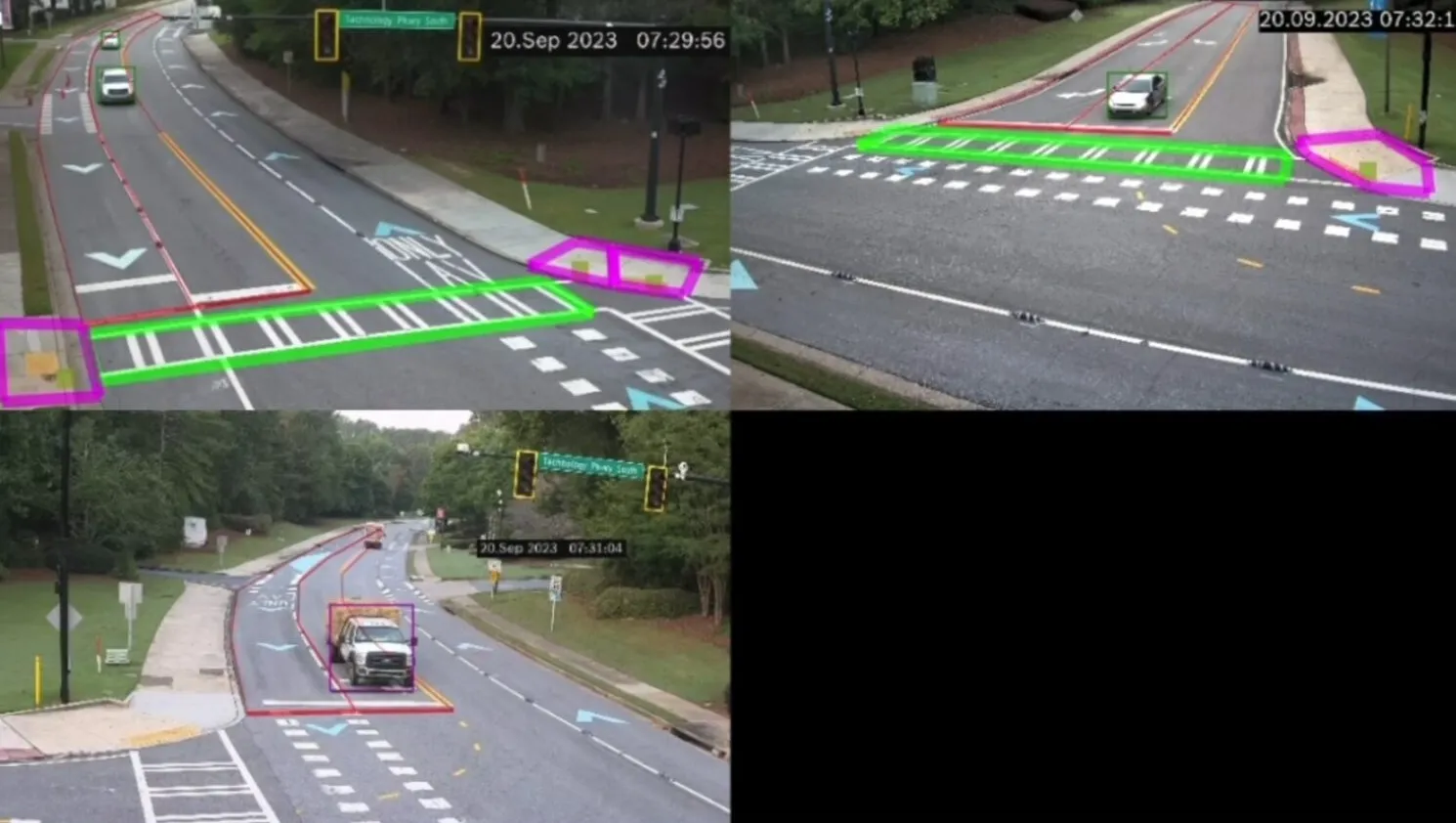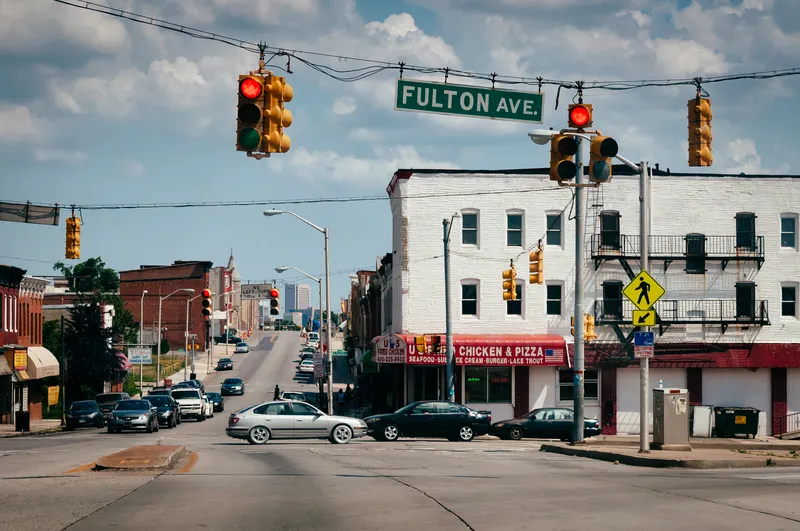
Peachtree Corners – the US ITS testbed dubbed 'Silicon Orchard' near Atlanta, Georgia - has partnered with ITC Intelligent Traffic Control.
ITC is providing an agnostic software solution that can be applied to existing traffic infrastructure for the first time in the US, and says its proprietary algorithms can manage traffic based on a city’s specific goals, such as limiting carbon emissions or prioritising public transit.
The solution connects to existing traffic cameras and uses computer vision analysis to identify all road objects and collect data including speed, acceleration, traffic flow, distance and pedestrian activity.
“Our software not only learns and adapts traffic signals and patterns in real-time, but also has the capability to manage traffic to prioritise certain categories of road users,” said Dvir Kenig, ITC co-founder and CTO.
“This allows cities to manage each intersection or corridor differently based on the type of traffic they are seeing and/or time of day. If an intersection regularly has heavy pedestrian traffic, our solution can prioritise this category and will develop models for pedestrian tendencies across wait time, how long it takes to cross the street, etc."
"Cities can then prioritise pedestrians in mixed traffic by limiting the wait time to cross the street based on foot traffic. Similarly, this can be applied to public transit and even school buses in mixed traffic, ensuring for these categories efficient trips to remain on schedule.”
The model created highlights patterns of each intersection or corridor "with the ability to connect across a grid of intersections and create one holistic image", ITC says.
“With our solution already deployed across Israel, in Australia and other countries worldwide, Curiosity Lab will serve as a real-world playground for us to continue to develop our solution and to officially launch in the US with an official office in the Innovation Center,” said Aharon Brauner, ITC co-founder and CEO.
Brauner says the solution is "99% accurate in both daytime and night-time scenarios".
ITC can create traffic simulations across intersections and corridors where the software is deployed, giving traffic controllers and city managers real-time object-driven visualisation and simulation with a geographic overlay and to create countless theoretical traffic scenarios for the software to solve.
"More than 40% of traffic accidents occur in intersections, and congestion accounts for 25% of car greenhouse gas emissions – with the average driver spending three days per year stuck in traffic,” said Brandon Branham, Curiosity Lab executive director.
“This cost-effective traffic solution is going to be a game-changer for cities across the US. ITC’s solution gives city managers and traffic engineers the affordable tools to make our roadways safer, more efficient and thus more sustainable for everyone on the road. We will be able to manage intersections in real-time and can easily download a traffic report and adapt traffic signal patterns remotely, which is a huge advantage for city managers when there are major wrecks, community events and sudden surges in traffic. The ease of scalability is also impressive."








